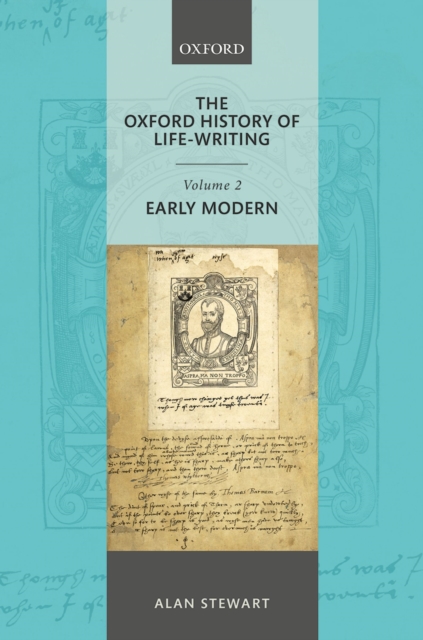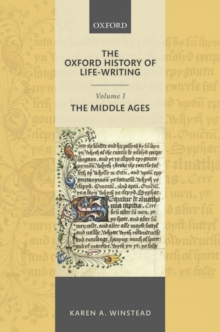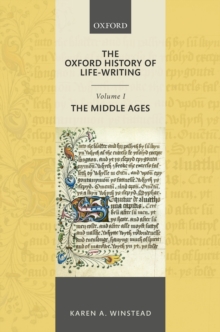
The Oxford History of Life Writing: Volume 2. Early Modern PDF
by Alan Stewart
Part of the Oxford History of Life-Writing series
Description
The Oxford History of Life-Writing: Volume2. Early Modern explores life-writing in England between 1500 and 1700, and argues that this was a period which saw remarkable innovations in biography, autobiography, and diary-keeping that laid the foundations for our modern life-writing. The challenges wrought by the upheavals and the sixteenth-century English Reformation and seventeenth-century Civil Wars moulded British and early American life-writing in unique and lasting ways.
While classical and medieval models continued to exercise considerable influence, new forms began to challenge them.
The English Reformation banished the saints' lives that dominated the writings of medieval Catholicism, only to replace them with new lives of Protestant martyrs.
Novel forms ofself-accounting came into existence: from the daily moral self-accounting dictated by strands of Calvinism, to the daily financial self-accounting modelled on the new double-entry book-keeping.
This volume shows how the most ostensibly private journals were circulated to build godly communities; how womenfound new modes of recording and understanding their disrupted lives; how men started to compartmentalize their lives for public and private consumption.
The volume doesn't intend to present a strict chronological progression from the medieval to the modern, nor to suggest the triumphant rise of the fact-based historical biography. Instead, it portrays early modern England as a site of multiple, sometimes conflicting possibilities for life-writing, all of which have something to teach us abouthow the period understood both the concept of a 'life' and what it mean to 'write' a life.
Information
-
Download - Immediately Available
- Format:PDF
- Pages:480 pages
- Publisher:OUP Oxford
- Publication Date:04/05/2018
- Category:
- ISBN:9780191506994
Other Formats
- EPUB from £32.22
Information
-
Download - Immediately Available
- Format:PDF
- Pages:480 pages
- Publisher:OUP Oxford
- Publication Date:04/05/2018
- Category:
- ISBN:9780191506994










